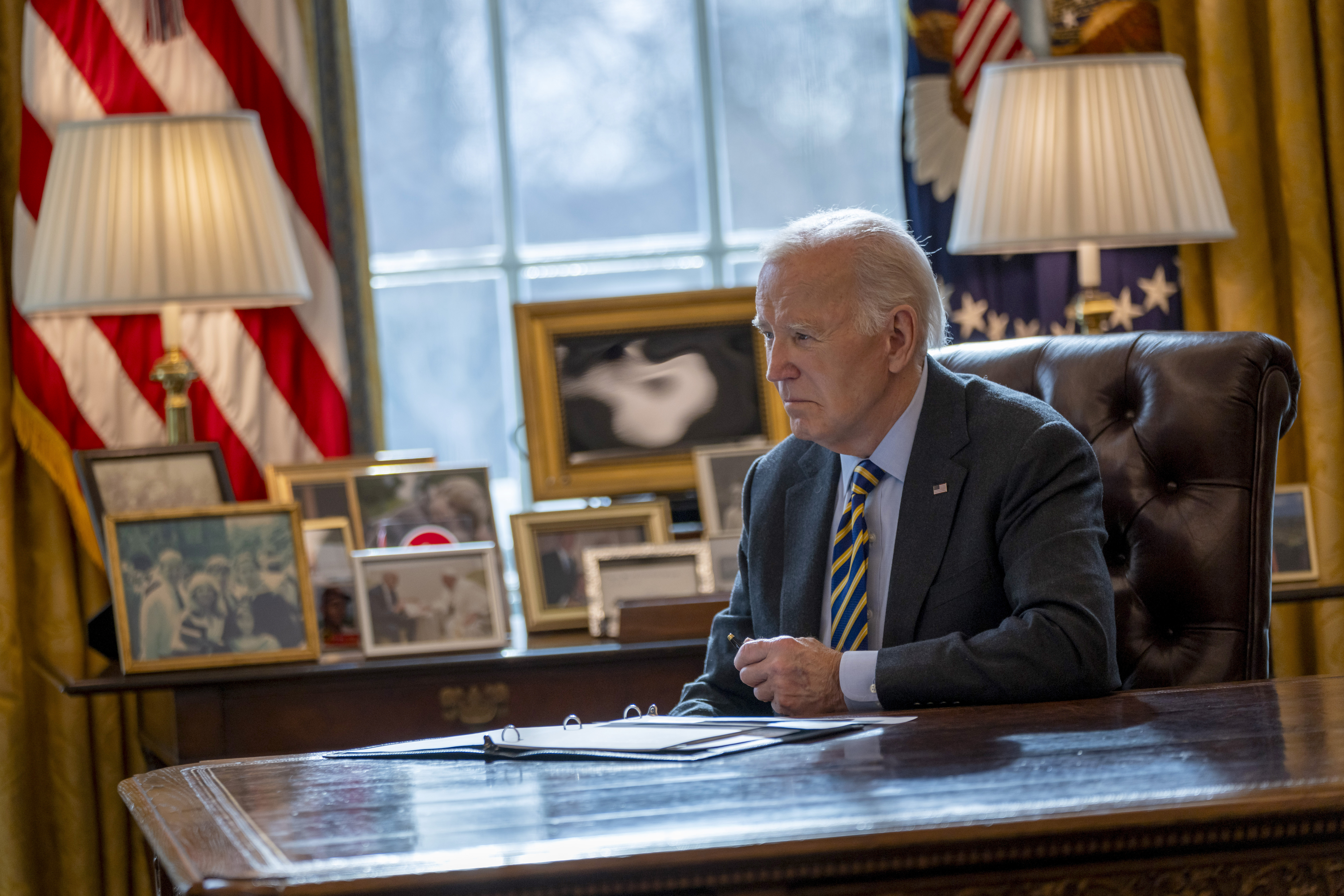New executive order plans to leverage AI for improving cybersecurity in federal agencies
This comprehensive executive order represents President Joe Biden's final significant initiative on cyber policy before his departure from office.

This order has been in development since at least last summer and will be the third and final executive order related to cybersecurity issues during Biden's remaining time in office. It is expected to encapsulate a variety of final cyber requirements before Biden's departure. However, its future under the incoming Trump administration remains uncertain, as Trump has yet to clarify his plans regarding the enhancement of cyber policies.
The executive order will establish a program within the Pentagon dedicated to integrating AI models to strengthen cyber defense initiatives. Additionally, it will launch a pilot program in the energy sector aimed at leveraging AI for cybersecurity improvements.
This initiative is likely to build upon efforts by the Pentagon’s Defense Advanced Research Projects Agency, which has been exploring AI applications for enhancing the cybersecurity of essential systems. Anne Neuberger, deputy national security adviser for cyber and emerging technology, told PMG in August that she was working on connecting the Energy Department and DARPA to implement the findings from this research.
The order will also tackle broader issues such as software security, which has increasingly troubled the Biden administration due to several significant cyber incidents arising from hackers exploiting vulnerabilities in widely used software by federal agencies and private entities.
To address this, the executive order will revise federal acquisition regulations, mandating software companies that supply products to federal agencies to provide documentation to the Cybersecurity and Infrastructure Security Agency (CISA) demonstrating their strong cybersecurity measures. This formalizes a process that CISA initiated early last year.
Additionally, cloud security will be a focus of the executive order. It will obligate the Federal Risk and Authorization Management Program (FedRAMP) to formulate policies aimed at urging private sector cloud service providers to enhance the security of their systems, particularly when handling federal data.
Among the provisions is a requirement for federal agencies to purchase only internet-connected devices that hold the voluntary Cyber Trust Mark label. This program is overseen by the Federal Communications Commission, allowing companies to certify the cybersecurity of their products when they meet specific standards set by the National Institute of Standards and Technology.
The summary also mentions efforts to develop “digital identity documents and validation services,” although further details were not provided. NextGov reported earlier this week that this initiative will involve encouraging agencies to utilize more digital documents, such as driver's licenses, to expedite public benefits applications.
Moreover, the order includes provisions to enhance the cybersecurity of U.S. satellites, an increasing concern given threats from nations like Russia and China targeting U.S. assets in space. Another aspect of the order will establish working groups at CISA to improve threat hunting capabilities within federal networks, along with enhancements for endpoint detection and response.
A spokesperson for the White House National Security Council was not immediately available for comments on the specifics of the executive order or the timing of Biden’s signature. Neuberger, who played a key role in the creation of the order, is set to step down from her position on January 17, which may constrain the timeline for its signing.
It remains uncertain whether President-elect Donald Trump will maintain the order once he takes office. Cybersecurity matters typically garner bipartisan attention, especially as state-sponsored cyber intrusions persist as significant national security threats. Trump has yet to publicly comment on the pending order, though he signed an executive order to enhance critical infrastructure cybersecurity in 2017.
Ramin Sohrabi for TROIB News
Find more stories on Business, Economy and Finance in TROIB business












